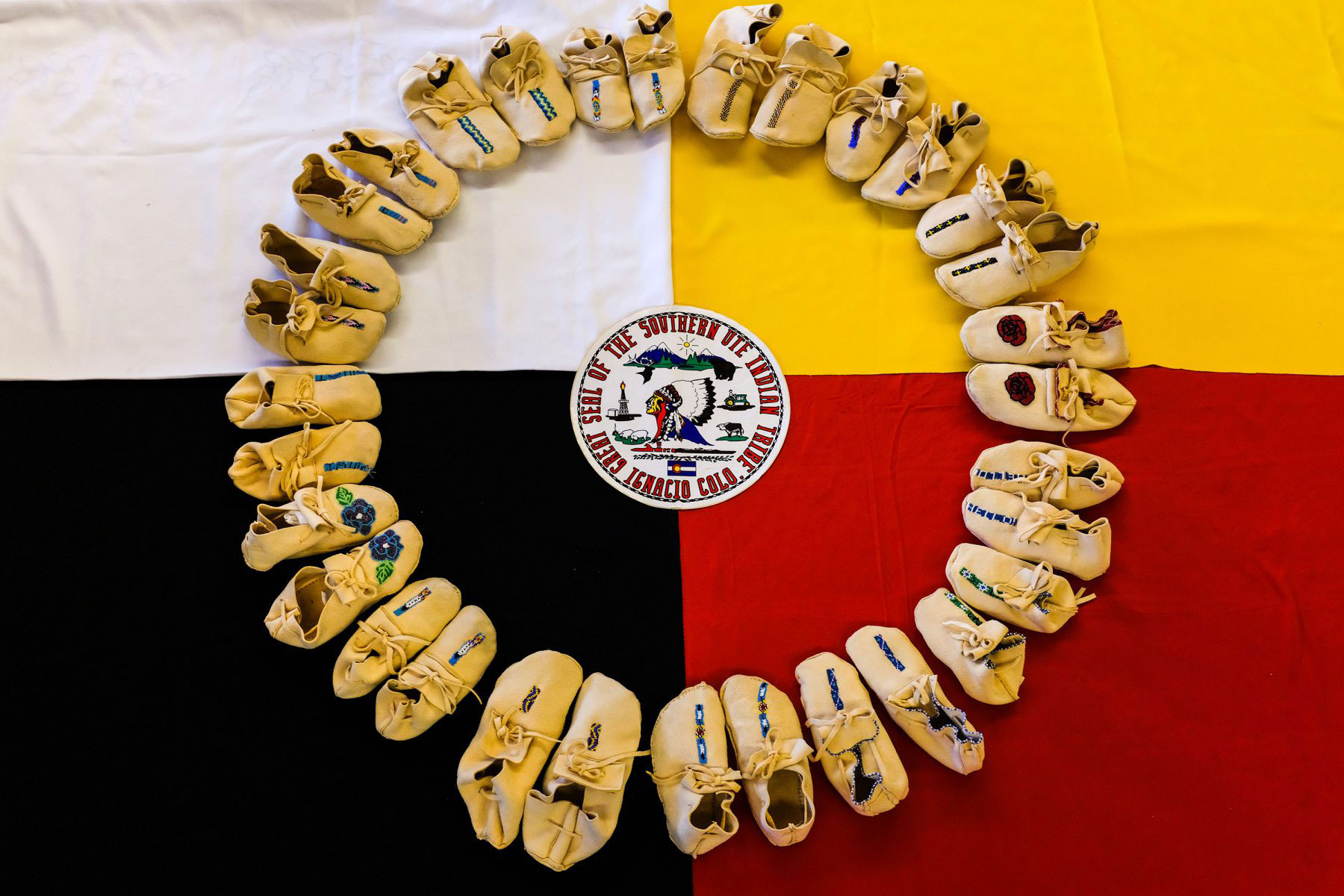Positive childhood experiences
This is the fourth in a series of four articles this year about how childhood experiences can impact people throughout their lives.
In January, we discussed the strong link between negative childhood experiences and adult health and well-being. In April, we focused on the incredible protective impact of positive childhood experiences. In September, we reviewed the positive childhood experiences studied.
The message I want to stick with you from these four articles is that there is hope.
Early childhood is a sensitive period for the brain and body. What a child experiences can be deeply imprinted and impact them for their entire lives. We can, and should, work to prevent negative childhood experiences for all children, but some will still occur. Having had these experiences does not mean that a child is destined for poor health. Children have an incredible capacity to heal and a foundational phrase for those who work in this area is that history is not destiny.
There are many ways to offset the impacts of negative childhood experiences through positive childhood experiences. All of us can contribute to these positive experiences for kids because they include participating in family and cultural traditions, strong relationships with parents who respond to a child’s needs and offer warm reactions, other adults who take a genuine interest in a child and support their growth and development, a stable school environment where children feel valued and receive high-quality education, and kids joining a music, art, or sports group.
Through our jobs, volunteer positions, advocacy, and even just our supportive presence, we can make the lives of the kids in our family, our neighborhood, and our community healthier and better.
There is hope.
For more information about negative and positive childhood experiences check out: https://centerforyouthwellness.org/, https://www.cdc.gov/violenceprevention/aces/index.html, or https://positiveexperience.org/.
You can make an appointment for your child to be seen at the Southern Ute Health Clinic to talk more about these topics or anything else by calling 970-563-4581.

